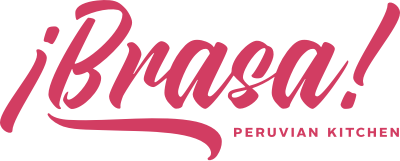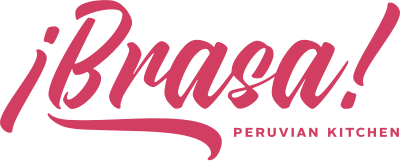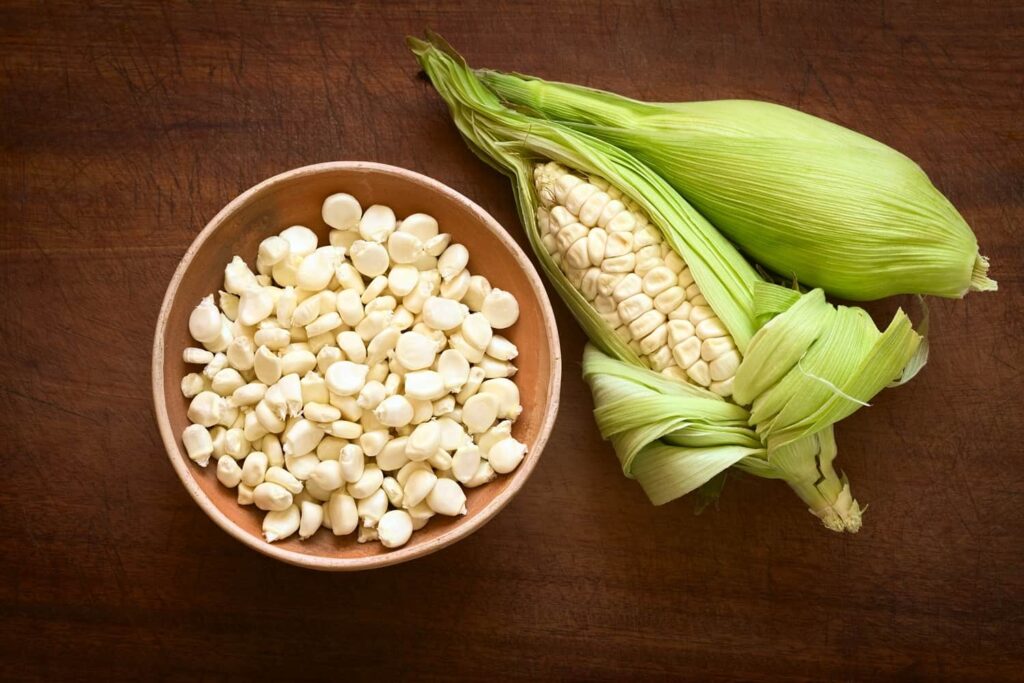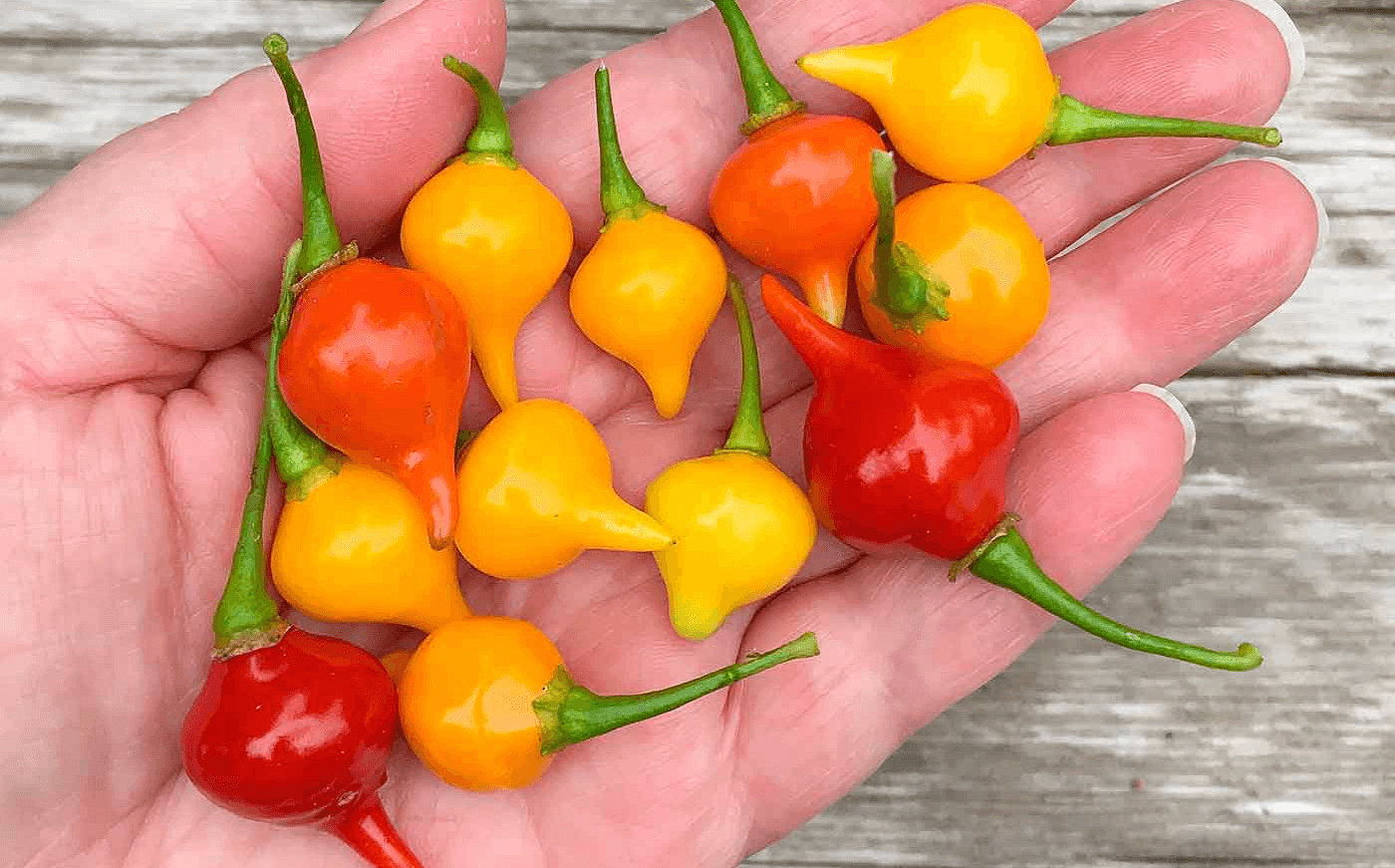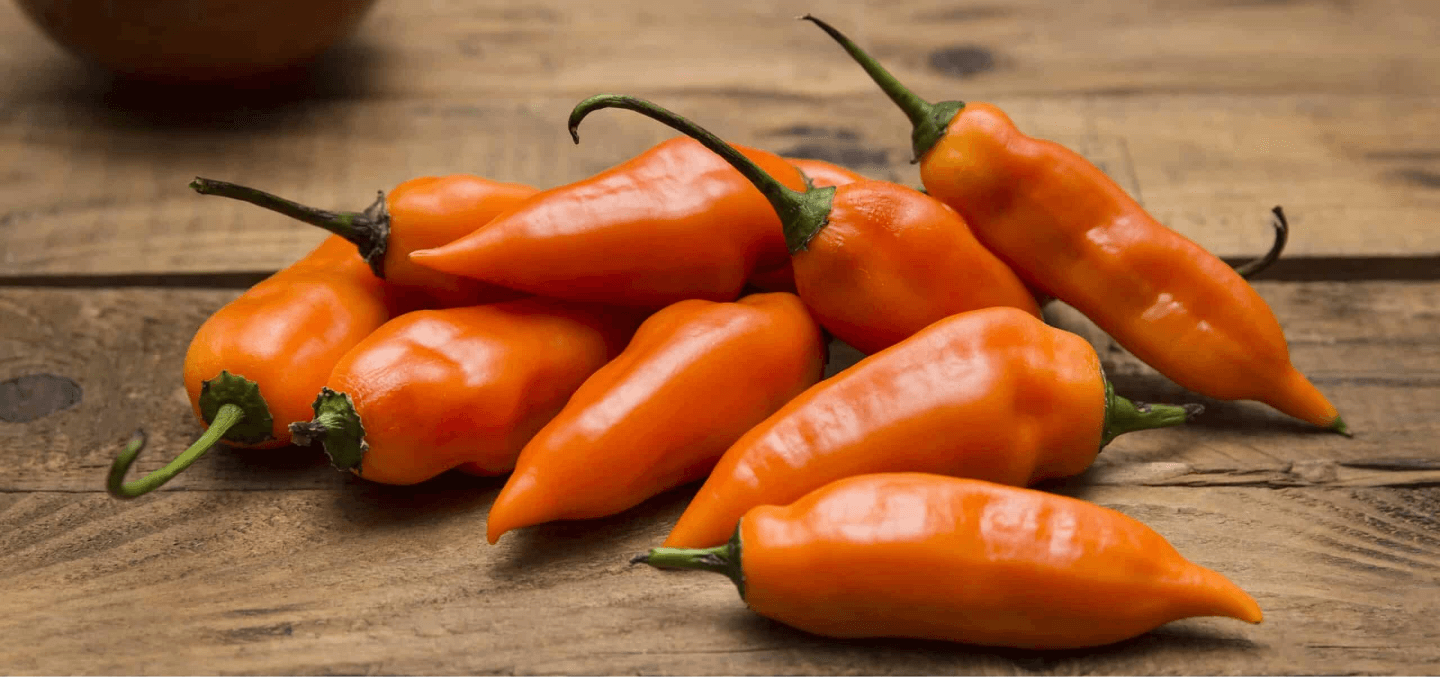The Brasa Spatula School showcases the cooking techniques, recipes and culinary stories of some of the most popular chefs and celebrities from around the world. This series has been created to help readers become better at-home chefs. Follow us on Instagram, Twitter, Pinterest, and Facebook.
- Michelin star trained chef, Romain Avril, shares his opinion and experience with Peruvian food while in the UK in 2007.
- Avril shares ideas on how to introduce children to explore new flavours, "I had a man attend one of my cooking classes with his young son because he wanted him to be more interested in food."
- He offers a few recommendations on how anyone can gain more confidence in the kitchen and compares it to playing a new video game.
When did I start cooking? Hmm, it's funny because it's probably the one question that gets asked every time I do an interview and it's the one answer I don't really have because, honestly, I don't know. I had a force that was driving me towards something and in this case, it was cooking
My first cooking experience was back when I was 13 when I was in a summer camp. While everyone was playing tennis, I’d spend the afternoons with the kitchen crew and help prepare the next lunch or dinner for my teammates. During my last year in high school, I started working in a kitchen as part of my education. After that I enrolled into cooking school.
For me, cooking was a calling.

The first dish I ever learned to make was a genoise Christmas log with buttercream, which we make a lot of in France. I accidentally used salted butter instead of unsalted butter, so not only did my buttercream split but it was salty. My whole family was like:
"It's okay. You're 13 years old. It's absolutely fine."
But I was so mad because it was not perfect. That’s something I carry with me — I'm a perfectionist. I don't remember the first dish I ever created that was good, but I remember the Christmas log as the first dish that really showed me how important it was to pay attention to detail.
By working at a Michelin star restaurant I learned how to conduct myself in the kitchen. It taught me how to be a professional, how to be organized and to be very methodical. In such a setting, you naturally become a better chef because you work faster and with more precision. Because of this experience I can tell you who's been trained, not necessarily in a Michelin star restaurant, but who has been trained at a high calibre restaurant versus someone that has been trained in more of a corporate environment.
While the high-octane restaurant conditions can improve you as a chef, the overall kitchen culture in our industry is something I’d like to change. I was raised in a kitchen environment with bullying, mental and physical abuse. I've cried in kitchens before because of the violence, whether it was verbal or physical. I absolutely despise this culture.
Many people will tell you:
"This is how it is.”
It happened to me and I don’t want it to happen to anyone else so it's going to be the complete opposite in my kitchens. I've realized that I can speak to someone calmly and still get the same result.
When it comes to becoming a better cook for yourself, family and friends, I suggest trusting yourself more and taste along the way. I witness a lot of people cooking without even tasting their foodonce before putting it on the table. People say food tastes better when you put love into it, and it's actually true. When you really care, you’ll try your food along the way and start to notice things more closely like,
“Oh, you know what? This is good but it needs more salt or maybe some acid will help.”
Use your recipes but view them as a guide. I'm writing a new cookbook and I believe that my recipes are a base for my readers. When you look at a recipe, adapt it to whatever ingredients you have. There can be many parameters that change the dish. Use it as a base, but don't be scared to explore and add things to it.
A recipe is not meant to be made just one way; it’s limitless.
I was so lucky and blessed as a child in that my parents would make me eat everything, so I developed my palette early on. If you want your children to be more exploratory eaters you need to force them a little bit without saying:
"You won't leave the table until you’re finished.”
Make it fun for your children. I had a man attend one of my cooking classes with his young son because he wanted him to be more interested in food. This is a great way to introduce children to new cuisines and flavours.
I want to help people gain more confidence in the kitchen. To do so, you have to keep it simple — don’t overcomplicate things. Just select a few ingredients and start from there. You could begin with a protein, a starch, green vegetables and blend in some seasoning. Cooking is like a video game. You start at level one with no skills, but you improve and become more advanced.

I worked in the UK in 2007 for four and a half years and we started to explore a few classic Peruvian dishes, before Peruvian food was more popular like it is now. When the ‘foodie’ culture started to happen shortly after that, everyone became more familiar with food like Peruvian cuisine and its differences to the other Latin countries. Peruvian food is very precise and lends itself nicely to Michelin star-calibre restaurants.
My favourite Peruvian dish to cook — and eat! — is ceviche. It'sthe definition of how I like to cook. It’s freshness, need for quality ingredients, high acidity and a bit of sweetness makes it packed with flavour.
If I was to have anyone cook for me today it would be my mother. I don't get to be with my family often because I’ve been traveling for the last 15 years which is almost half of my life. The food doesn't have to be exceptional, it’s just that I would be in her company.
That would make the meal perfect.
Follow Chef Romain Avril on Instagram and Youtube to learn his at-home recipes.
